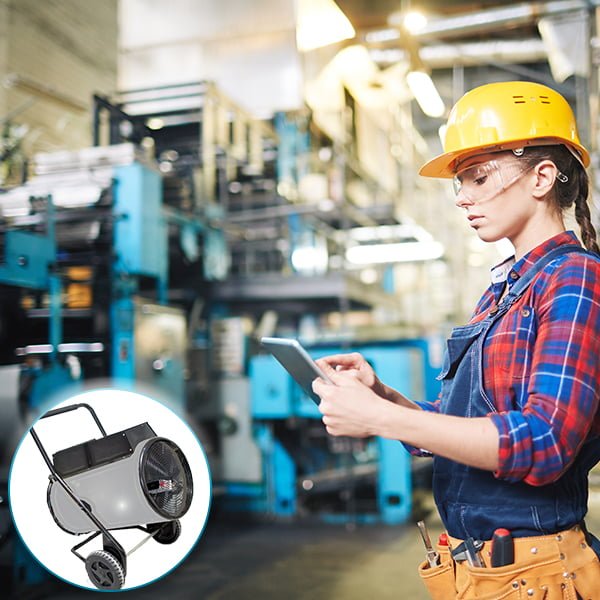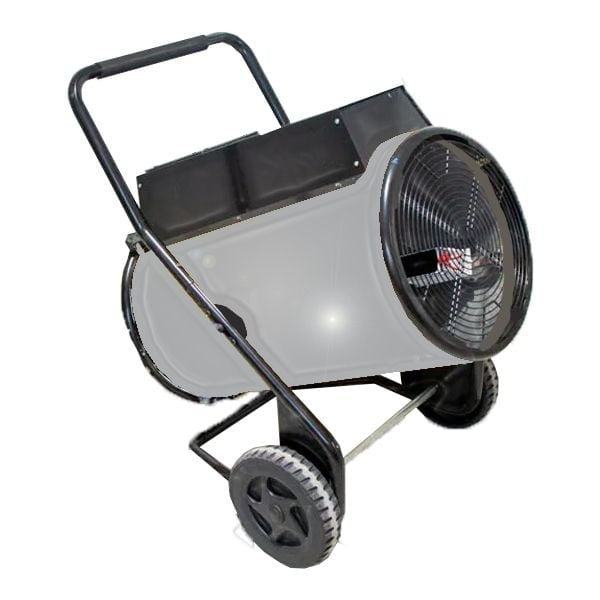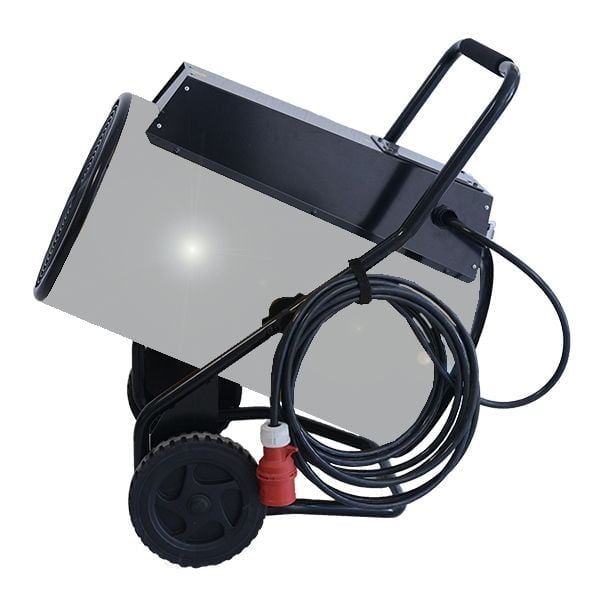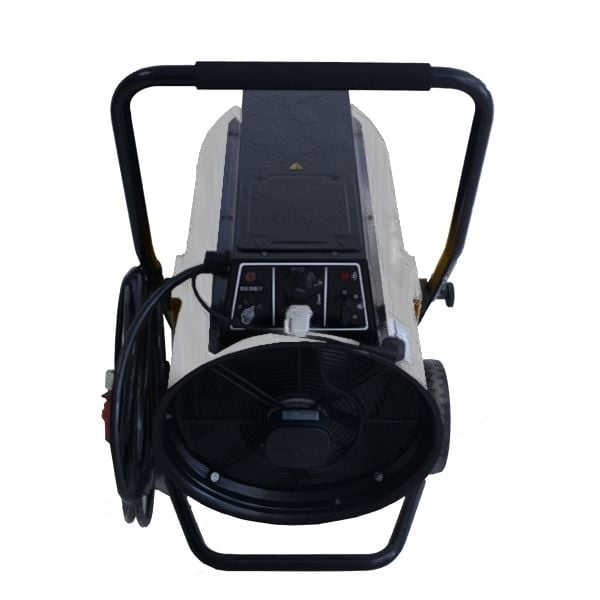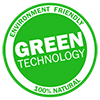Descrição
In air disinfection, the most common method used is ultraviolet (UV) radiation. UV radiation (UV-C) kills bacteria and viruses by damaging the DNA/RNA of the cells of microorganisms. However, UV radiation could only disinfect air close to the lamps as UV light has limited penetration capacity.
Another well-known air cleaning method is to employ the High-Efficiency Particulate Air (HEPA) filter. The HEPA filter can capture particulate sizes down to 0.3 microns, and so bacteria with size larger than 0.3 microns could be trapped in the filter. Although HEPA filters are effective in reducing airborne bacteria in the air, it is not effective to remove viruses, which are nanometer (10-9 m) in size. Using HEPA filters, the air must pass through the filter in order for it to be cleaned, so, HEPA filters can only clean air that is within a short distance of the HEPA unit.
Chemical disinfectants could also be used for air disinfection, usually by means of vaporizing or spraying. However, these chemical disinfectants are usually difficult to decompose, leaving toxic chemical residues that are hazardous to human health and to the planet.
Another air disinfection option is Ozone, that is a well-known powerful oxidizer which could kill microorganisms effectively. In addition to the strong oxidizing power of ozone, properties of ozone also help it to be an ideal aerial disinfectant. In contrast to UV radiation and HEPA filter, ozone is a gas that could penetrate to every corner of the industrial space, thus it could disinfect the entire space effectively (on or under desks, equipment or machines, etc.). So, the High Flow O3 Generator is the best choice for the air disinfection of industrial spaces.
The High Flow O3 Generator produce ozone, a special form of oxygen which is sometimes called activated oxygen. Ozone is a powerful oxidizing agent with a disinfectant power which acts on organic matter including odors, airborne microbes and molds, to neutralize smells and help reduce airborne pathogens. Ozone does not leave any chemical residues so is environmentally friendly.
| Ozone Concentration | 0.5 ppm | 2.5 ppm |
|---|---|---|
| Before Ozonization | 600 CFU/m³ | 600 CFU/m³ |
| After Ozonization | 175 CFU/m³ | 35 CFU/m³ |
| Reduction (%) | 70% | 94% |
Note: This table refers to tests performed, so the results are approximate as they reflect average values obtained.
Remember that in high concentrations, ozone inhalation can become toxic. Therefore, it is recommended that no one is present in a room where the ozone concentration levels are above 0.1 ppm. In these situations, as a guarantee of absolute security, space must be free for 40 minutes and then people can return normally.

